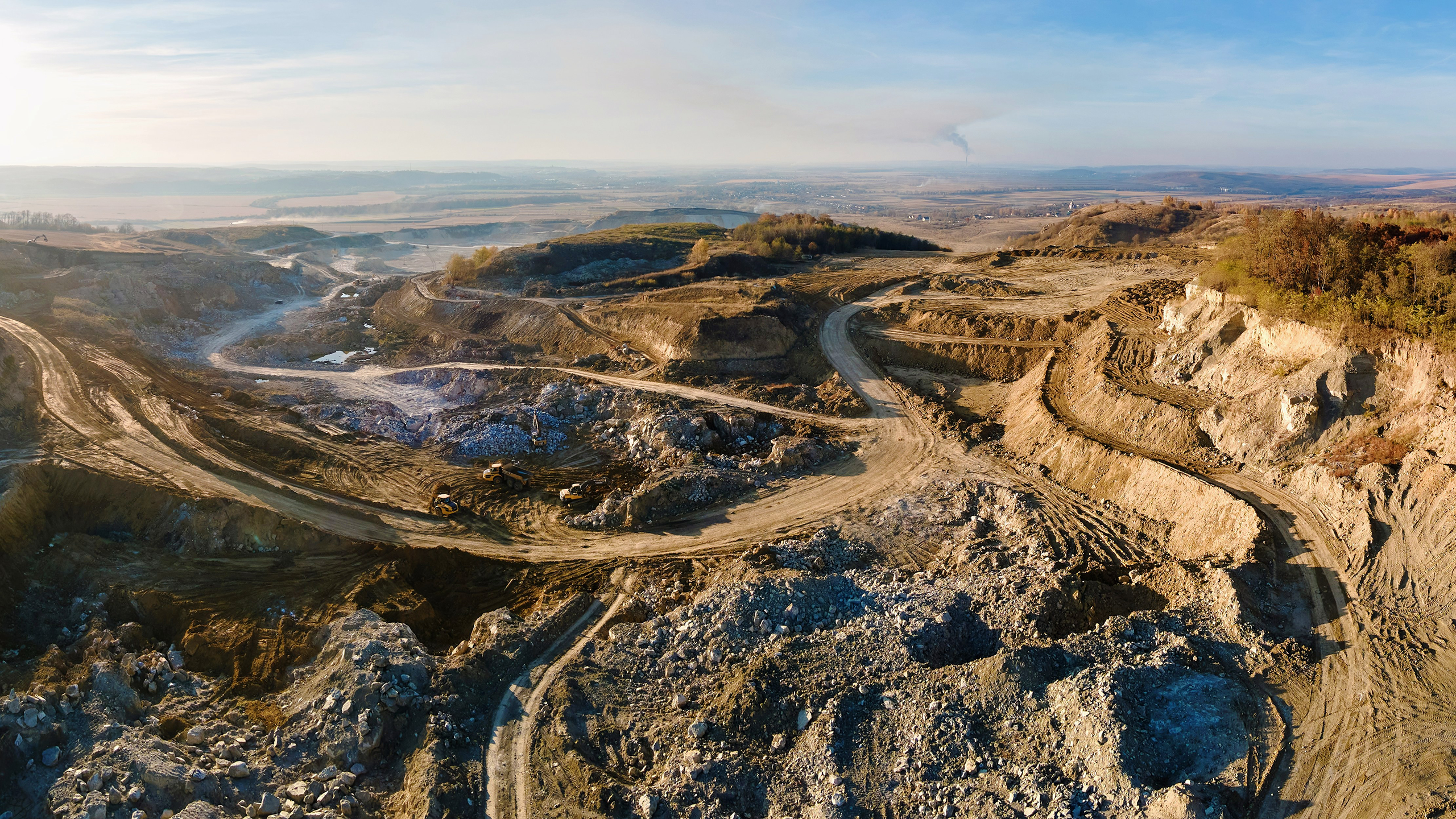Pentagon to Take $400 Million Stake in Rare Earth Miner Outside Vegas
China accounts for nearly two-thirds of raw material production and 90% of the manufacturing of rare earth magnets.

Sign up for smart news, insights, and analysis on the biggest financial stories of the day.
The rare earths sector’s magnetism has been undeniable lately.
Now, the US Department of Defense is set to become the largest shareholder in Las Vegas-based MP Materials, the owner and operator of the only working rare earth mine and processing facility in the country. The company announced on Thursday that, in addition to US taxpayers footing a $400 million stake and a $150 million loan, the Defense Department has agreed to purchase all of the magnets the company produces from a planned new facility for 10 years. CEO James Litinsky pledged in a CNBC interview that “the taxpayers are going to make a lot of money” for their generosity.
Monster Magnet Deal
In case you need a primer, rare earths are 17 elements crucial in compounds needed to make magnets that serve as components in a boggling range of important things. That includes renewable energy technology like solar panels, electric cars, and wind turbines as well as the rechargeable batteries that power smartphones and tablets, and — here’s where the senior officers at the Pentagon start salivating — key defense technologies from radar and sonar to fighter jets and submarines.
The catch is that one country, China, dominates mining and production. The country accounts for nearly two-thirds of raw material production and 90% of the manufacturing of rare earth magnets. The US, meanwhile, relies on imports of rare earths, with almost 70% coming from China. And, as you may recall from the brain-rattling abundance of geopolitical news this year, the US is currently embroiled in a trade standoff with the Middle Kingdom. Indeed, China has used rare earth export controls as a bargaining chip in ongoing negotiations. Enter the deal with MP Materials, which Litinsky emphasized is a “public-private partnership” and “not a nationalization.” Whatever you call it, some of the terms could be generously described as favorable to the company:
- The Pentagon will purchase a newly created class of preferred shares that can be converted to common stock, plus a warrant convertible at $30.03 per share, which would allow the US to buy more common stock over a 10-year period. Exercising both would give US taxpayers a roughly 15% stake in MP Materials, almost twice the size of Litinsky’s 8.6% stake and Blackrock Fund Advisors’ 8.3%.
- As part of the deal, MP Materials will build a second magnet manufacturing facility, slated to begin operations in 2028, dubbed 10X. This facility will join the existing one at its Mountain Pass mine in California’s Clark Mountains, increasing its annual rare earth magnet manufacturing capacity to 10,000 metric tons. The US has agreed to buy all the refined neodymium-praseodymium oxide, or NdPr, that MP Materials produces from 2028 for 10 years at $110 per kilogram, a price well above the metal’s spot price and historical average (currently, it’s roughly $63).
Making Up for Losses: In addition to the $150 billion loan from taxpayers, the company is set to receive $1 billion in financing from JPMorgan and Goldman Sachs to build the new facility. With all that public and private firepower behind it, MP Materials’ shares rose a whopping 50.6% on Thursday. On the other hand, the company could use the helping hand because of the US-China trade standoff: When the two countries slapped sky-high retaliatory tariffs on each other earlier this year, MP Materials was forced to halt shipments to its biggest customer, China’s Shenghe Resources, which accounted for 80% of its revenue last year.











